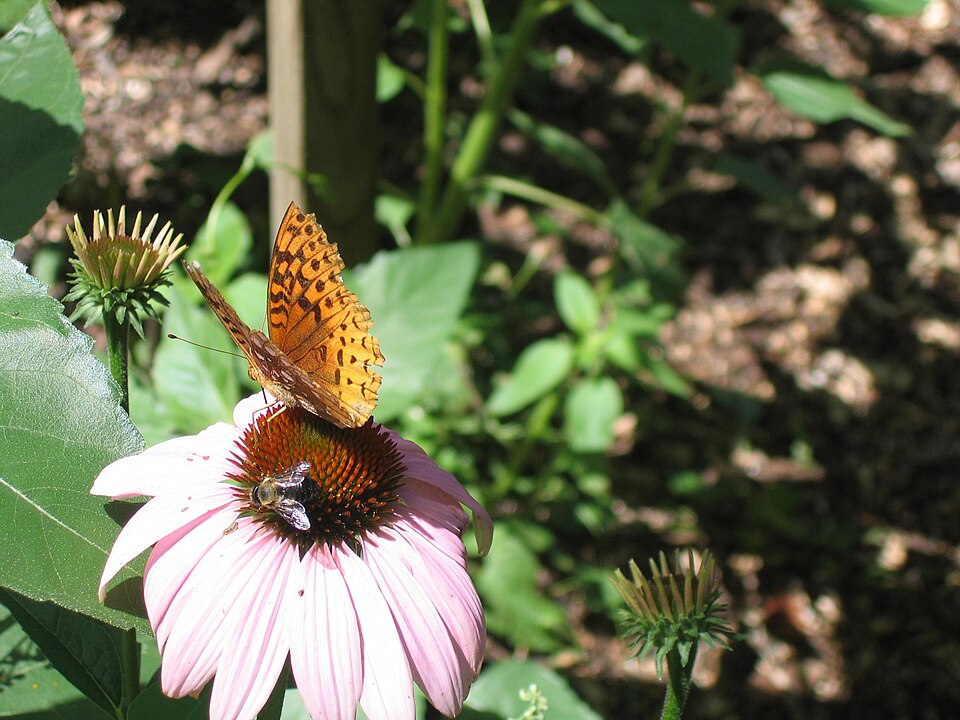Guide to the Regenerative, Moneyless Economy
From The Observatory
Editor: April M. Short
Source: Local Peace Economy Project
This guide will take you through examples of the regenerative, moneyless economy that is sometimes called “collaborative consumption.” The moneyless, sharing-based economy creates the opportunity to opt out of the mentality of disposability and the idea that “more is better,” both of which many of us are bombarded with from birth. The regenerative, moneyless economy provides an avenue for anyone to move away from the hoarding nightmare that has led to over-full garages and seldom-visited storage sheds, continent-sized trash islands, and enormous heaps of human waste. It does this by way of peer-to-peer systems set up for people to rent or borrow goods rather than buy and own them individually. It involves collaborative systems that supply people with the things they need, when they need them.
1
By April M. Short | From Local Peace Economy Project
The sharing economy seeks to offer a remedy to our trash and hoarding nightmare, and offers a way to veer away from the catastrophic culture of waste and hoarding. From free items left out on curbs, to clothing swaps, community tool sheds, seed exchanges, Craigslist’s “free stuff” section, the Freecycle Network and the more recent Buy Nothing Project, there are many ways to participate in the moneyless, free, sharing economy in the U.S. (and beyond).
2
By April M. Short | From Local Peace Economy Project
Here’s why more than 9 million people were using the Freecycle Network instead of buying new as of 2020.
3
By Aric Sleeper | From Local Peace Economy Project
What if, instead of each home storing its own lawnmower, chainsaw, or other miscellaneous tool that tends to sit unused for months on-end, neighbors shared those tools? Many neighborhoods are already onto this concept, as they are creating tool sharing networks, community tool libraries and neighborhood tool-sheds.
4
By April M. Short | From Local Peace Economy Project
Free, public libraries are one of the most enduring examples of the moneyless, sharing-based economy in-action. Despite facing hurdles in the U.S., they remain a hallmark of the commons and are still going strong.

